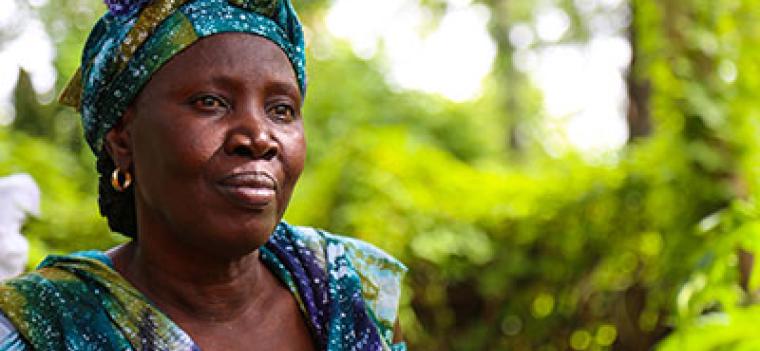News
- Charcoal production, a predominantly male activity, is being reformed in Senegal’s Kaffrine region to reduce the negative impacts on the environment and include women on all levels of the value chain.
- Women, who burn charcoal for household fuel, are owning this reform that is breaking down gender stereotypes and boosting village incomes.
- Involving women in the decision-making process is transforming charcoal production into a sustainable activity and contributing to restoring precious forest resources.
In the region of Kaffrine, where electricity, jobs, and natural resources are scarce, there is a bubbling optimism despite current hardships. Change is in the dusty hot winds, and it stirring up the way villages have viewed societal roles and their future.
Recognizing that their livelihoods are at stake, Kaffrine’s women, who are traditionally responsible for the well-being of their households, have been stepping out of the house and into leadership roles, pulling up chairs to the negotiating table, and leading key initiatives that will ensure the sustainability of their energy and financial resources.
Empowered by the Second Sustainable and Participatory Energy Management Project (PROGEDE II), which is funded by the World Bank and the Nordic Development Fund and supported by the ESMAP’s AFREA Gender and Energy Program, Kaffrine’s women are owning a movement that is breaking down gender stereotypes, reforming the charcoal value chain, and boosting village incomes. Thanks to project interventions, women are now at the center of sustainable forest management and wood fuels supply management in the region.
Photo credit: Daniella van Leggelo-Padilla/World Bank
